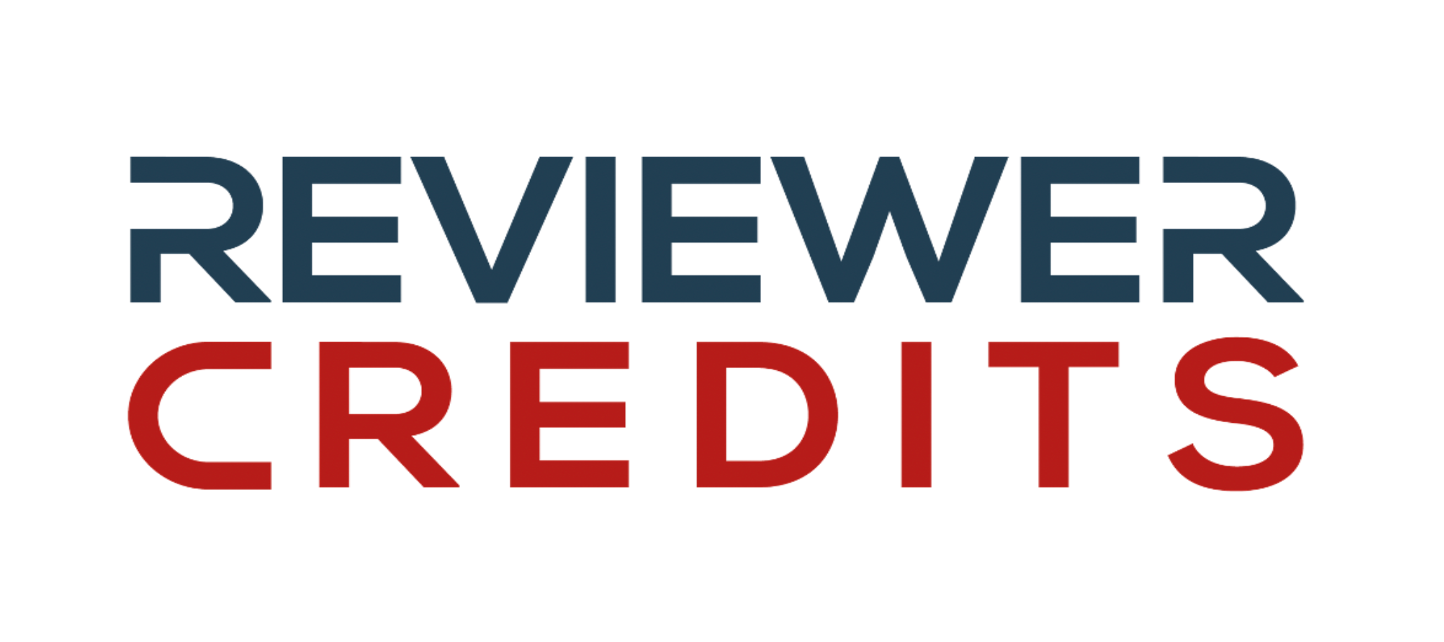INVESTIGATING STUDENTS’ ATTITUDES TOWARDS THE EFFECT OF IMPLEMENTING THE READER- RESPONSE APPROACH IN LITERATURE CLASSES ON DEVELOPING THEIR CRITICAL THINKING
Abstract
The current article aims at investigating EFL university students’ attitudes towards the effect of implementing the reader-response approach (Rosenblatt’s Transactional Theory) on developing their critical thinking. To this end, the study adopted quantitative method of data collection. A questionnaire was administrated to 30 EFL undergraduate sophomore students at Salahaddin University-Erbil / College of Basic-Education. The results revealed that students had positive attitudes towards the use of the approach. The selected sample of students also considered the critical questioning activity more powerful than the rest of the activities in improving their critical thinking
Downloads
References
Ali, S. (1994). The reader-response approach: An alternative for teaching literature in a second language. Journal of Reading, 37(4), pp.288-296
Bloemert, J., Paran, A., Jansen, E. and van de Grift, W. (2019). Students’ perspective on the benefits of EFL literature education. The Language Learning Journal, 47(3), pp.371-384.
Carlisle, A. (2000). Reading logs: An application of reader-response theory. ELT Journal, 54(1), pp. 12-19.
Davies, P. (1990). The use of drama in English language teaching. TESL Canada Journal, pp.87-99.
Delarriva, O. O. and Basabe, E.A. (2015). Reading logs and literature teaching models in English language teacher education. How, 22(2), pp.37-53.
Dörnyei, Z. and Taguchi, T. (2010). Questionnaires in second language research: Construction, administration, and processing. Routledge.
Elliot, R. (1990). Encouraging reader-response to literature in ESL situations. ELT journal, 44(3), pp.191-198.
Facione, P. (2015). Update on the critical thinking mindset from Delphi Report principal investigator, Dr. Peter Facione.
Farahian, M. and Farshid, M. (2014). A reader-response approach to reading: Does it have an effect on metacognitive reading strategies? Modern Journal of Language Teaching Methods, 4(1), pp.371-383.
Fulps, J.S. and Young, T.A. (1991). The what, why, when and how of reading response journals. Reading Horizons: A Journal of Literacy and Language Arts, 32(2), p.3.
Garzon, E. and Castaneda-Pena, H. (2015). Applying the Reader-Response Theory to Literary Texts in EFL-Pre-Service Teachers' Initial Education. English Language Teaching, 8(8), pp.187-198.
Gordon, N. (2021). Identifying Narrative Elements in Literature: A Poster Project. English Teaching Forum, 59(1), pp.43-48.
Gunesdogdu, M. (2015). Teaching Critical Thinking Skills through the Use of Short Stories. MA thesis Dokuz EylÜl Üniversitesi.
Hassan, H.S. and Rassul, T.H. (2014). An Investigation On Approaches Used In Teaching Literature At Suh English Departments And Their Applications. Journal of Duhok University,17(1), pp.15-28.
Iskhak, S (2015). The Application of Reader-response Theory in Enhancing Student Teachers’ Affective and Linguistic Growth: A Classroom Action Research in EFL Teacher Education in Indonesia. The English Teacher, XLIV (2).
Iskhak, S., M., Sofwan, A., & Hartono, R. (2017). Investigating the effect of reader response journals on the quality of teacher trainees' responses to literary works. Theory and Practice in Language Studies, 7 (10), 831-840.
Kaowiwattanakul, S. (2021). CEFR Based Learning Approach: Using Literature to Enhance EFL Students’ Reading Skills and Critical Thinking Skills. English Language Teaching, 14(11), pp.66-79.
Khatib, M. & Farahian, M. (2013). Application of Two Different Reader Response Approaches to Teach Short Stories. Iranian EFL Journal, 9(6), pp. 416-426.
Lailiyah, M. and Wediyantoro, P.L. (2021). Critical Thinking in Second Language Learning: Students' Attitudes and Beliefs. International Journal of Language Education, 5(3), pp.180-192.
Nazara, S. (2015). The Effect of Using Short Stories on Secondary School Students’ Critical Reading. In: PROCEEDING English Education Department Collegiate Forum (EED CF). UKI Press, Indonesia, Jakarta, pp. 20-28.
Nguyen, H.M.P. (2021). The Use of Drama Role-Playing in Teaching English Literature for English Majored Students: An Action Research at Van Lang University. Advances in Social Science, Education and Humanities Research, 533, pp.303-307.
Osa, J.O. and Musser, L.R. (2004). The role of posters in teacher education programs. Education Libraries, 27(1), pp.16-21.
Oster, J. (1989). Seeing with different eyes: Another view of literature in the ESL class. TESOL quarterly, 23(1), pp.85-103.
Probst, R. E. (1994). Reader-Response Theory and the English Curriculum, The English Journal, 83(3), pp. 37-44.
Ruff, L.G. (2005). The development of critical thinking skills and dispositions in first-year college students: Infusing critical thinking instruction into a first-year transitions course. University of Maryland, College Park.
Shelton, K.Y. (1994). Reader Response Theory in the High School English Classroom. M.A. Thesis, Wake Forest University.
Soiferman, L.K. and Straw, S.B. (2016). Reader Response to Literature in Early, Middle, and Senior High Classrooms. Available at: https://files.eric.ed.gov/fulltext/ED569175.pdf (Accessed: 10 June 2022).
Spirovska, E. (2019). Reader-response theory and approach: Application, values and significance for students in literature courses. Seeu Review, 14(1).
Tomlinson, B. (1998). And now for something not completely different: An approach to language through literature. Reading in a Foreign Language, 11(2), pp. 177-189.
Tompkins, J.P. (1980). An introduction to reader-response criticism. In Reader-response criticism: From formalism to post-structuralism, pp.201-232. The Johns Hopkins University Press.
Tung, C.A. and Chang, S.Y. (2009). Developing Critical Thinking through Literature Reading. Feng Chia Journal of Humanities and Social Sciences, 19(3), pp.287-317.
Ueai-Chimplee, A. (2007). Effects of English reading instruction based on the reader response approach on critical reading ability and critical thinking ability of upper secondary school students. Master’s thesis: Chulalongkorn University.
Van, T.T.M. (2009). The relevance of literary analysis to teaching literature in the EFL Classroom. English Teaching Forum, 473 (2), pp.2-17
It is the policy of the Journal of Duhok University to own the copyright of the technical contributions. It publishes and facilitates the appropriate re-utilize of the published materials by others. Photocopying is permitted with credit and referring to the source for individuals use.
Copyright © 2017. All Rights Reserved.














